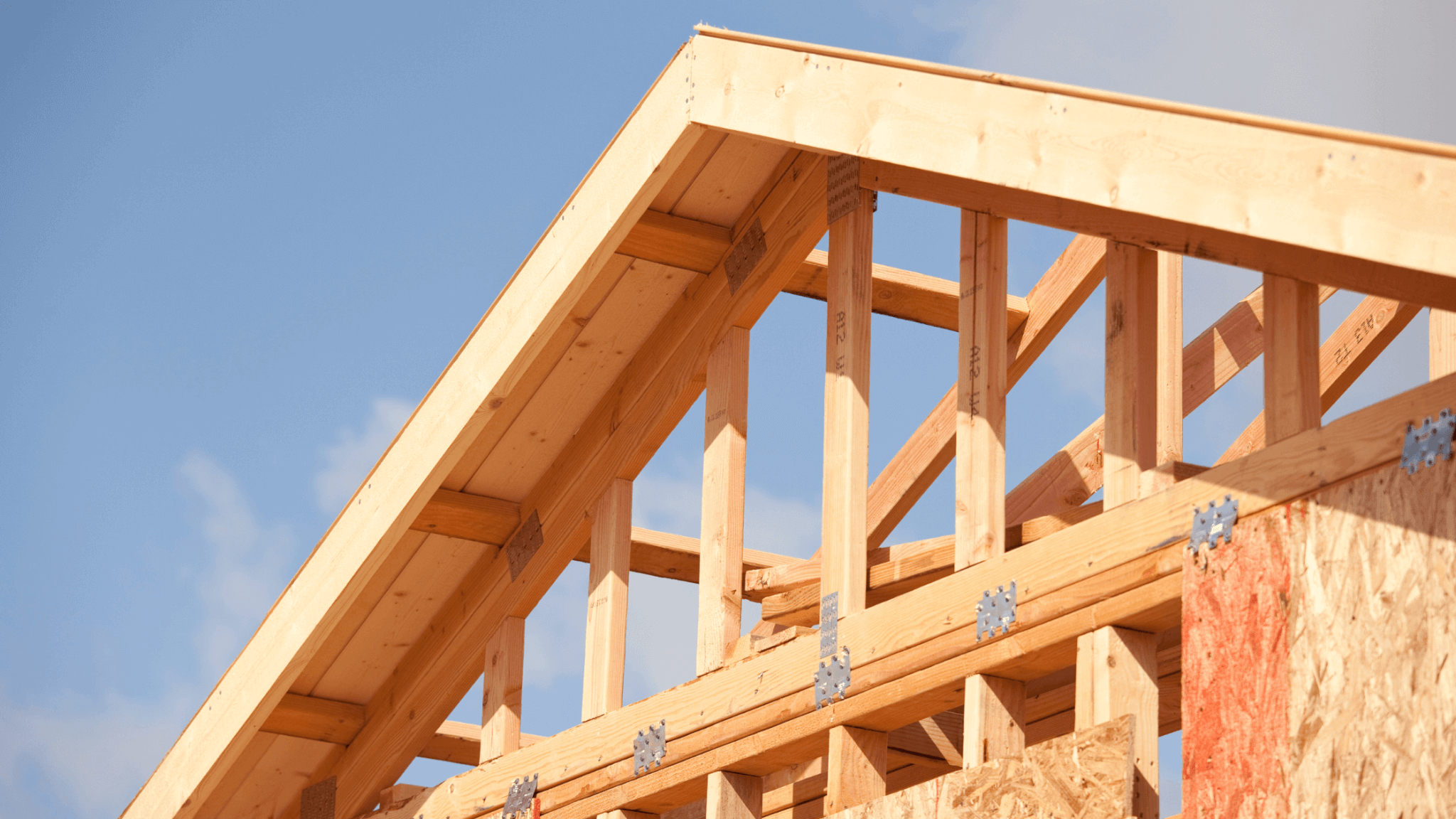A global investment firm, Värde Partners, and large home builder David Weekley Homes announced a joint venture to land bank residential communities for David Weekley Homes across the nation back in April. The land banking partnership is meant to acquire and develop residential lots in high-demand U.S. markets. David Weekley Homes will manage the sourcing and land development.
The joint venture has already closed on two projects in Phoenix, amounting to more than $100 million. The partnership is growing, with other deals expected to be finalized soon.
Pipeline of development planned
“We are pleased to formalize this new relationship with Värde, which will support our company’s growth goals and align with our longstanding asset-lite strategy,” said Heather Humphrey, Chief Financial Officer at David Weekley Homes. “The firm’s extensive experience investing in residential land development and reputation within the market made them a great partner for this venture. We are excited to have established this facility and look forward to an enduring partnership.”
The strategy builds upon an existing bullish U.S. and Canadian home building and redevelopment business model that relies upon a regular flow of lower-cost immigrant workers to boost profit margins for contractors, developers, and owners. Wages are kept depressed even for many union workers, thus freeing more cash for owners and investors to bank in communities where sometimes little to no investment occurs for years.
Värde Partners officials praised the joint venture.
“Värde’s vast experience in U.S. housing and land development positions us as a valuable partner and provider of capital to homebuilders,” states Brendan Bosman, Senior Managing Director at Värde Partners. “David Weekley Homes is a preferred home builder in several master-planned communities in which Värde invests and has a reputation for operating with integrity and delivering high-quality homes.”
Värde has 30 years of experience investing in real estate, including strategic land banking partnerships and master-planned communities.
Headquartered in Houston, David Weekley Homes is a 48-year-old company working in 19 markets across the U.S.
Flipside of the land banking coin
Land banking is a long-term investment strategy in which investors wager that land in certain areas likely to be developed or redeveloped is worth buying and leaving undeveloped for years, sometimes even decades. It’s very conservative in that the investment could take significant time to pay off, and investors must have the patience to wait.
But for some community activists in blighted areas of some U.S. cities, “land banking” is almost a fighting word—and certainly a slur to many. It connotes investors and developers that unilaterally decide what the future of a community will be without community input. In such cases, land banking can and often does mean leaving blighted properties to continue deteriorating without any care for their continuing deleterious effect on the community.
Land banking is a type of speculative buying of real estate with the intent of developing it in the future. When that development occurs is left up to the owner. If the property is undeveloped for years, as is often the case in land banking, it removes the possibility of other investors developing those properties in a shorter time.
When properties are held for speculation, with the hope that real estate prices will significantly increase over time in the areas in which they’re held, it can hinder an area’s development efforts. It also can reduce tax revenue that otherwise would be coming into local government coffers if properties were allowed to be developed piecemeal by individual developers rather than by large, distant, moneyed corporations.
Land bankers don’t always consider the feelings and hopes of community members, adding another layer to the puzzle.
Proponents of the practice say transparency and accountability are paramount in land banking cases. Focusing on a community’s needs and involving its members to contribute to community plans are crucial for a land banking plan to be most successful.
That said, land banking can be a good strategy in blighted areas with large amounts of vacant property. It also can be helpful in areas where many of those blighted properties are owned by the local government and are hard to develop because of tax liens and stringent property transaction requirements.


